Welcome to join us for the Roundtable on Russia-China relations – a joint event organized by RUCARR, Malmö University, Centre for East and South-East Asian Studies, Lund University and the Swedish Society for the Study of Russia, Central and Eastern Europe and Central Asia.
Abstract
Russia’s all-out war against Ukraine and its escalation on February 24, 2022, was seen by many observers as an attack on the security architecture that was established in Europe after the end of the Cold War. During the first weeks and months after the invasion, speculations abounded that China was the only actor that could prompt Putin’s Russia into a de-escalation of the war. China was attributed a key role in the development of the war. If it sided with Russia in supplying arms and helping it to evade the effects of the international sanctions, this could lead to a decisive Russian victory and a change in the global correlation of forces. On the other hand, if it leaned towards the side of Ukraine, the United States and the political West in condemning the war, it would substantially weaken Russia’s hand. More than six months after the Russian invasion, China still seems to maintain a wait-and-see position, and the world is still waiting to see what position it will eventually take regarding the war.
Against this background, this roundtable discusses the history, dynamics and current developments of relations between China and Russia, focusing on both political leaders and ordinary citizens, and from the perspectives of historians, anthropologists, and political scientists.
Participants
Dr. Alexander Dukalskis, School of Politics and International Relations, University College Dublin, more info
Professor Bo Petersson, Dept. of Global Political Studies, RUCARR, Malmö University, more info
Dr. Ed Pulford, Modern Languages and Cultures, University of Manchester, more info
Professor Marina Svensson, Centre for East and South-East Asian Studies, Lund University (moderator), more info



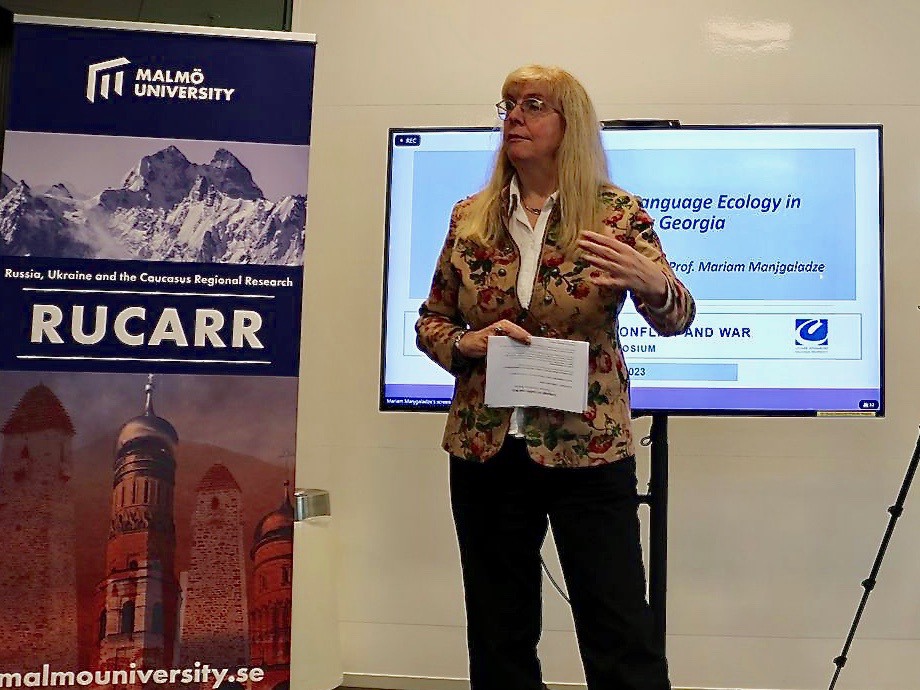
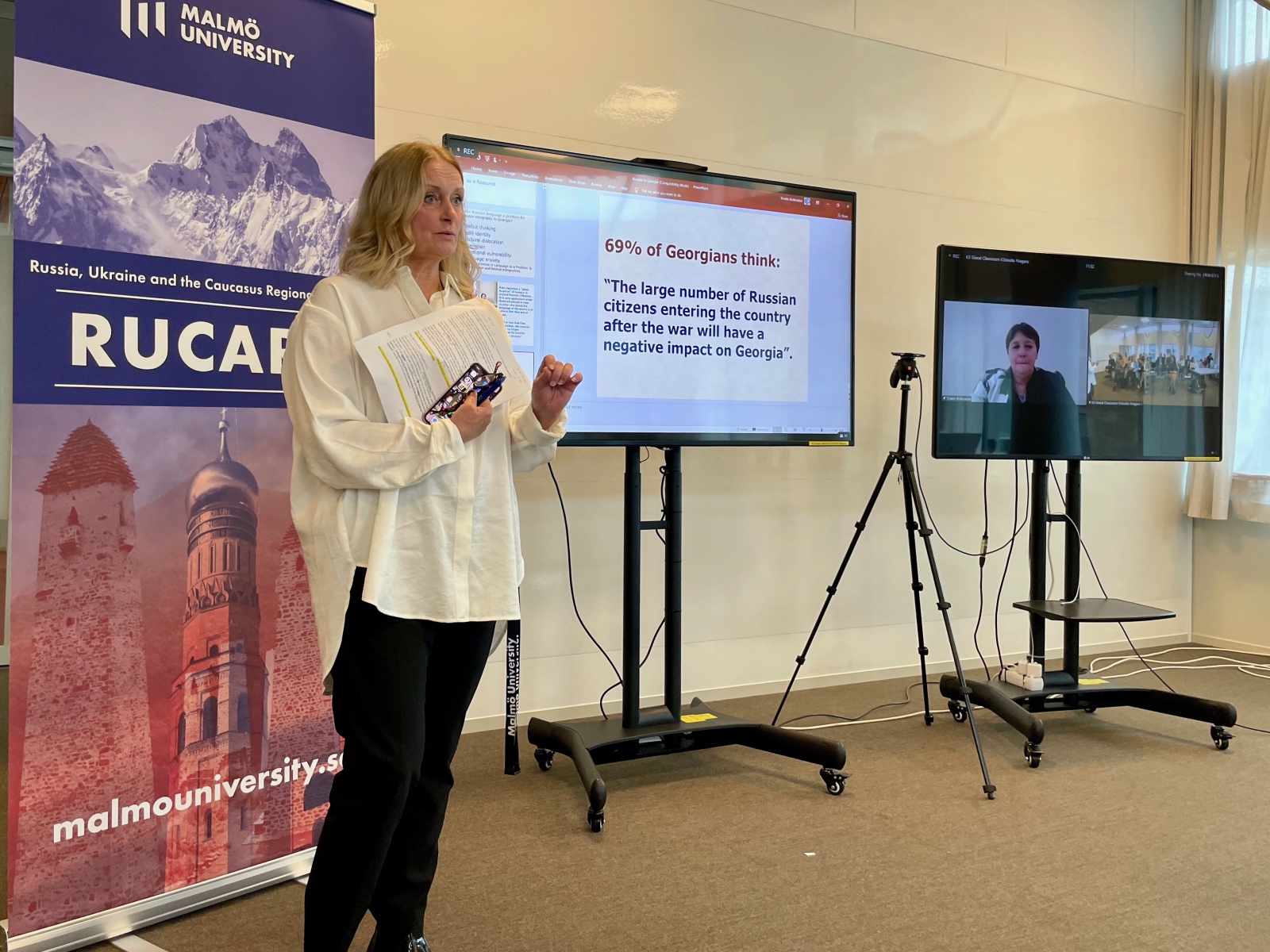

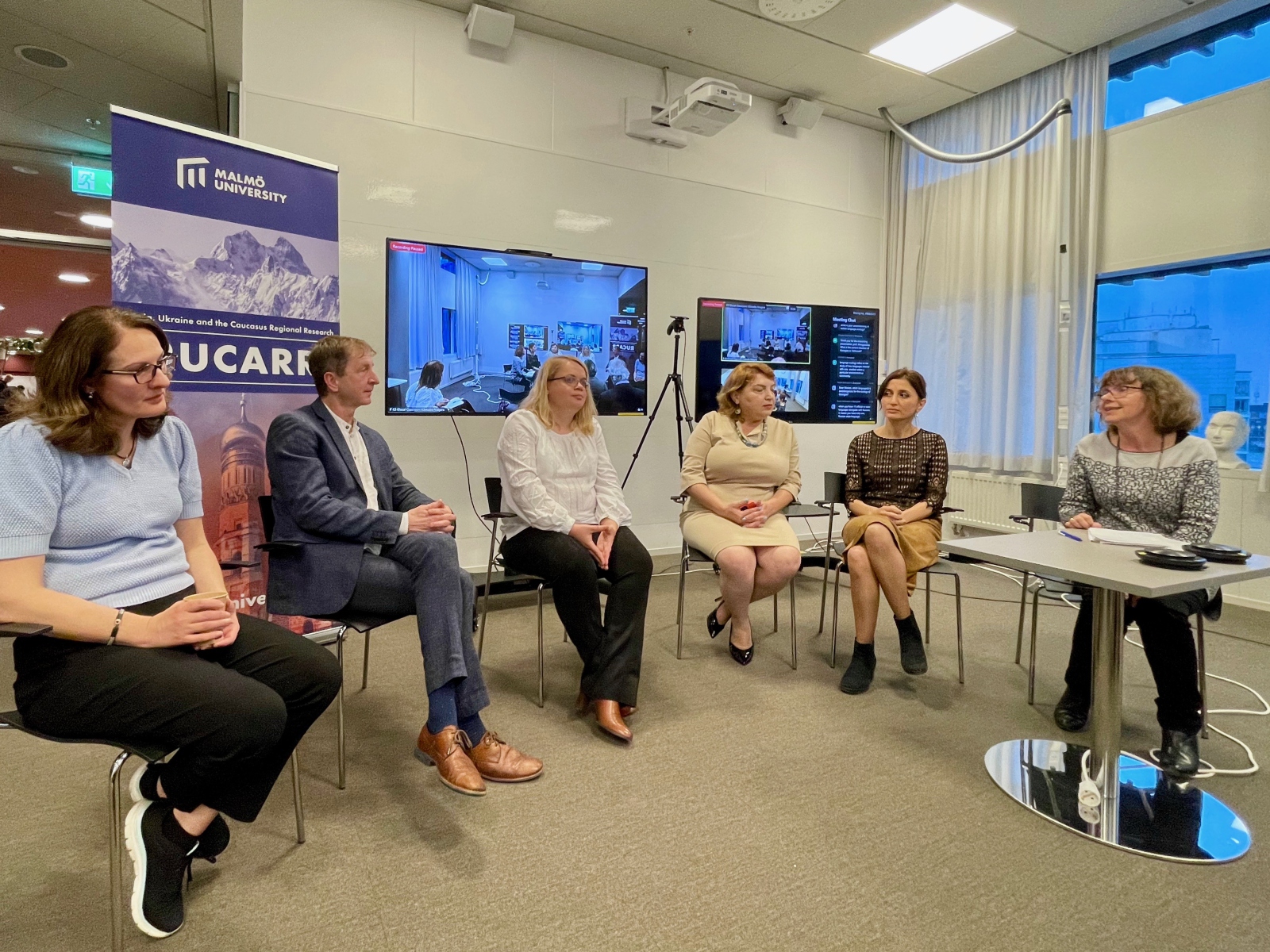
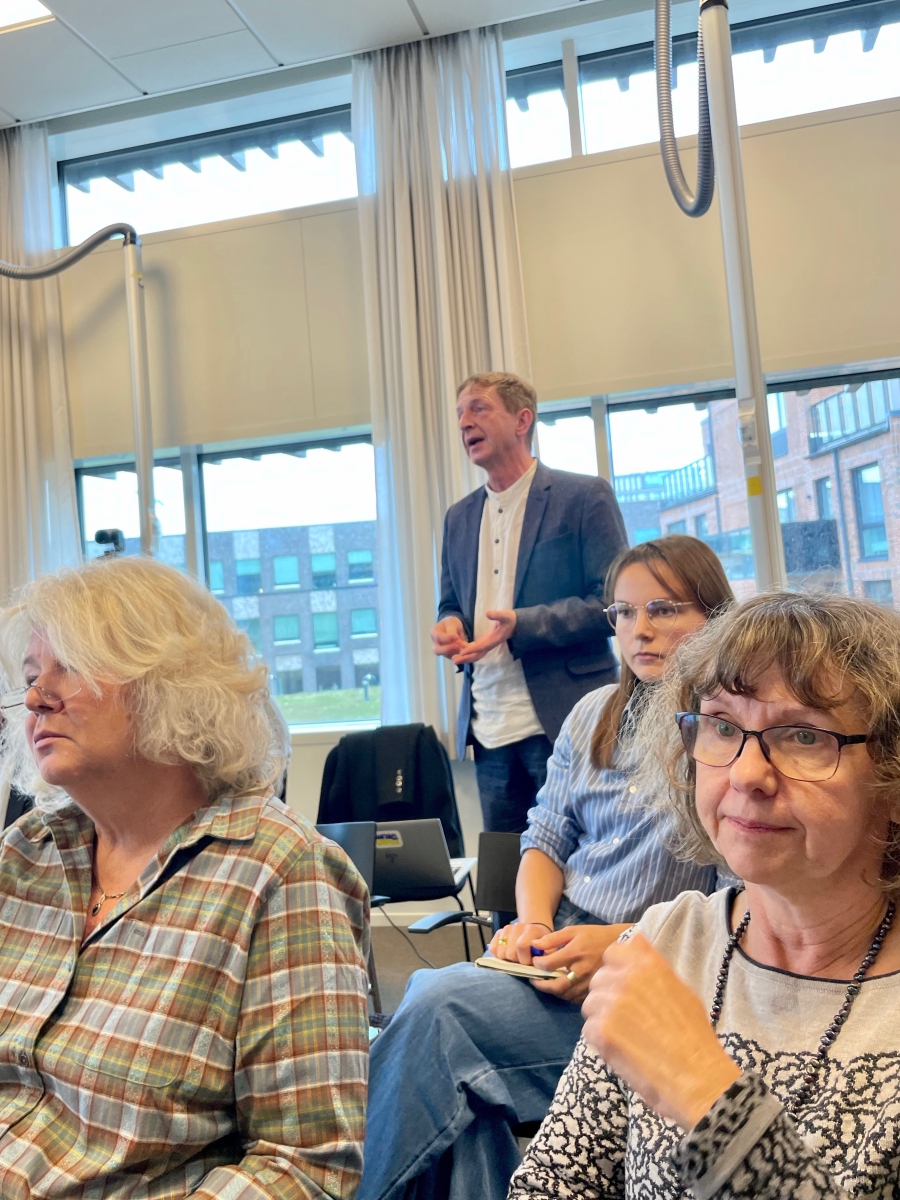
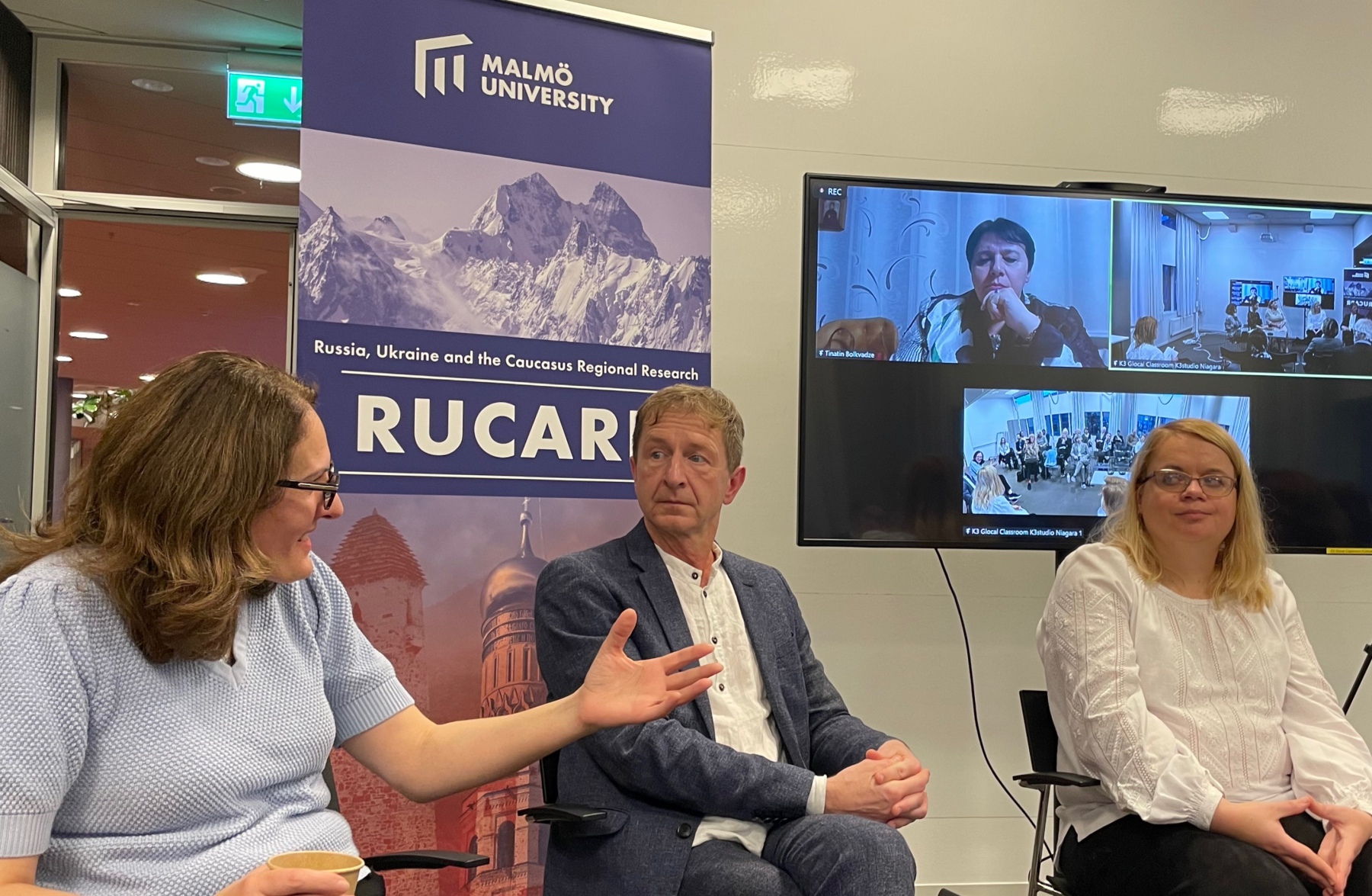

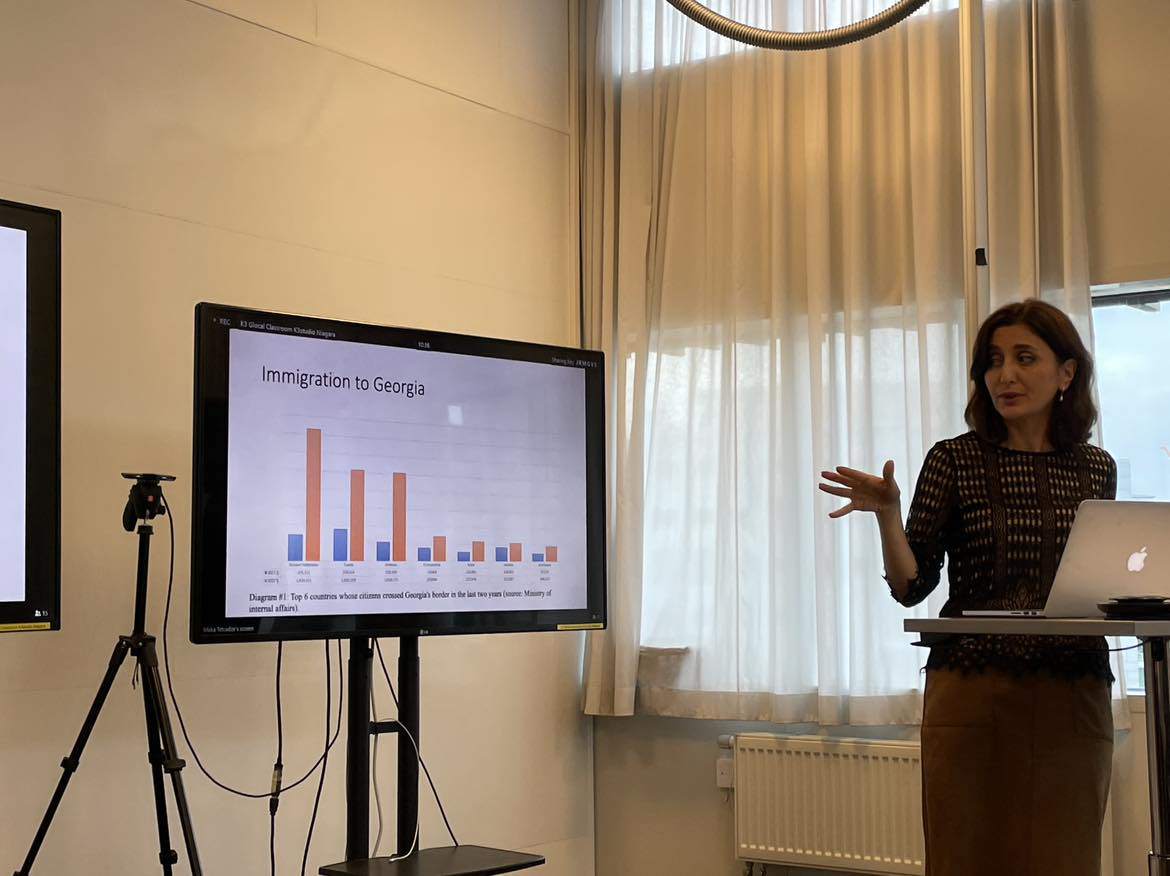

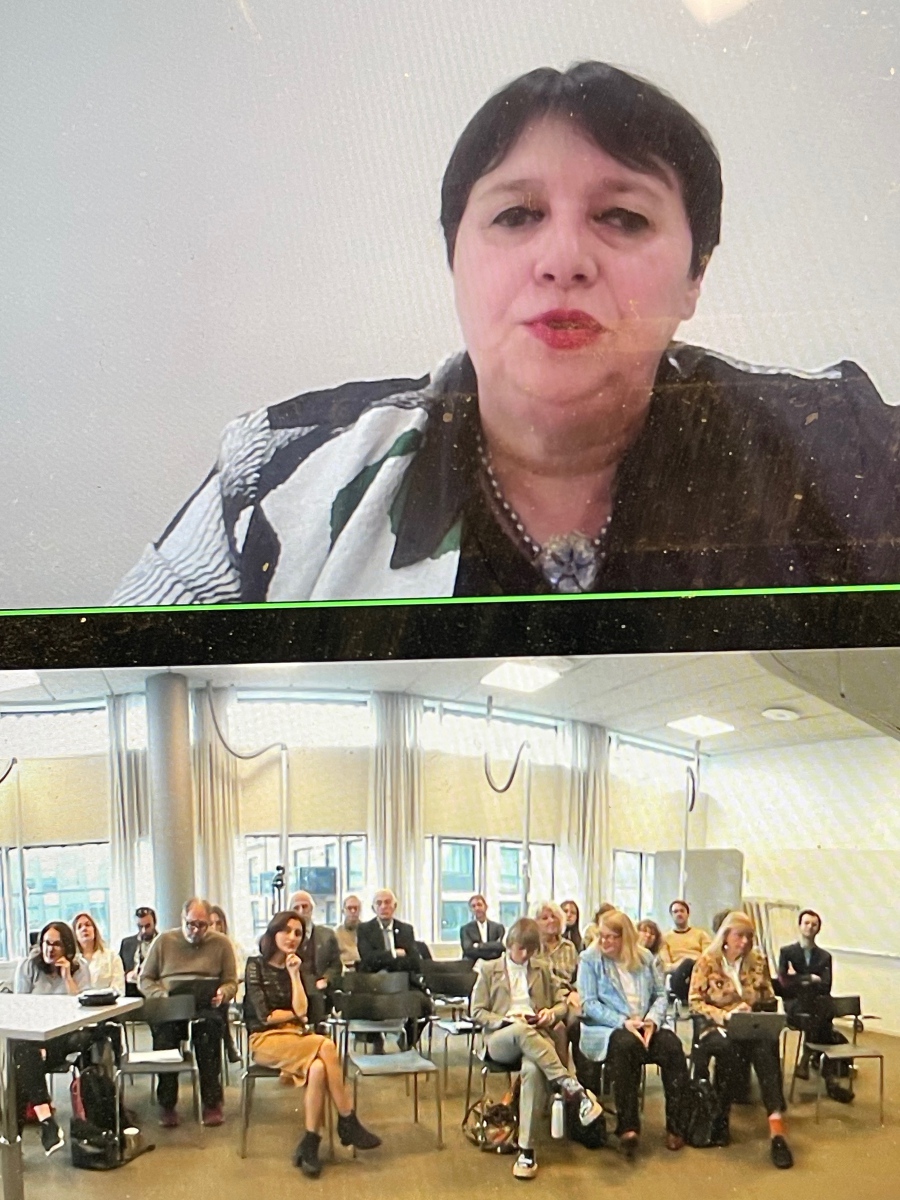
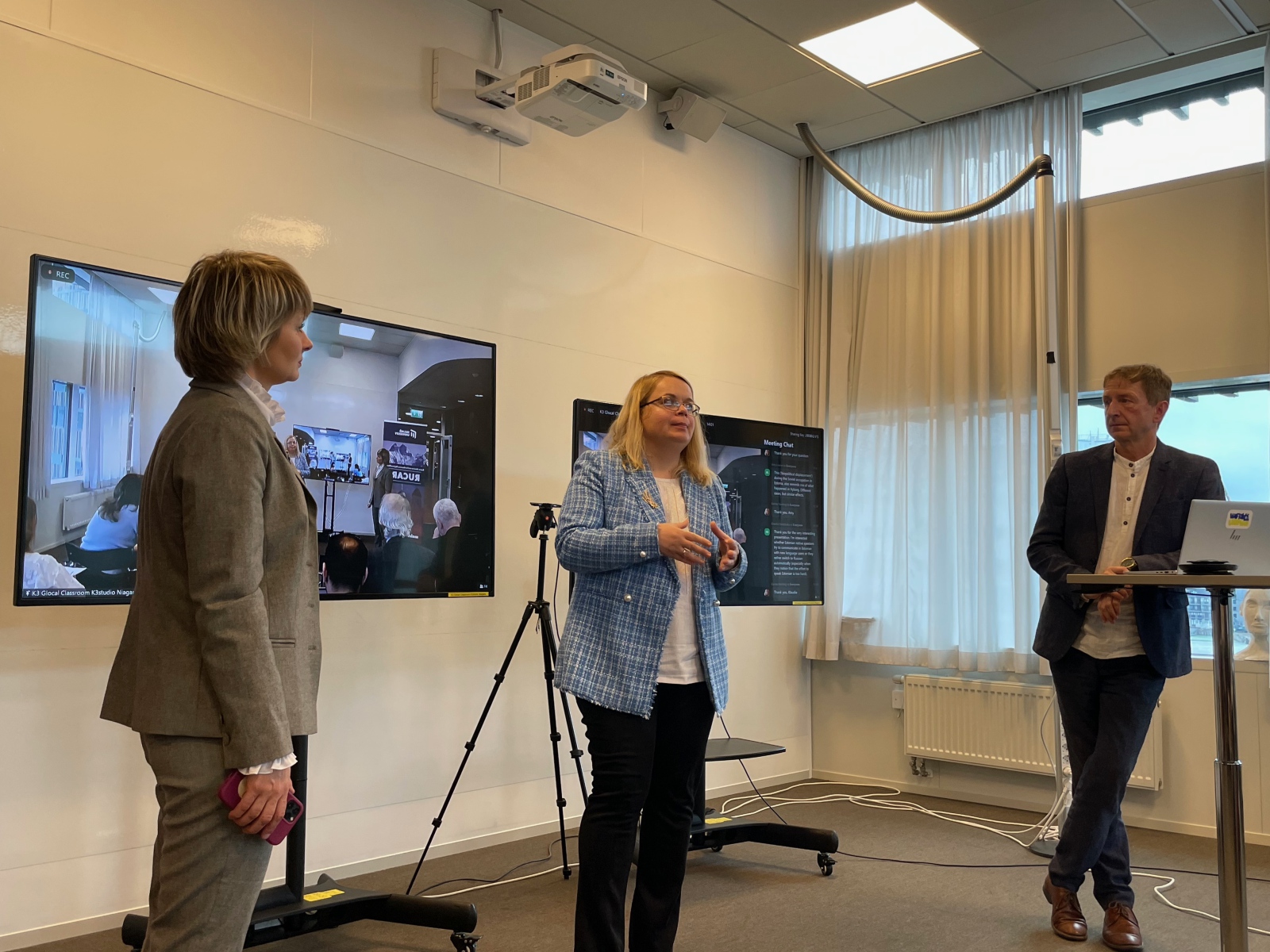
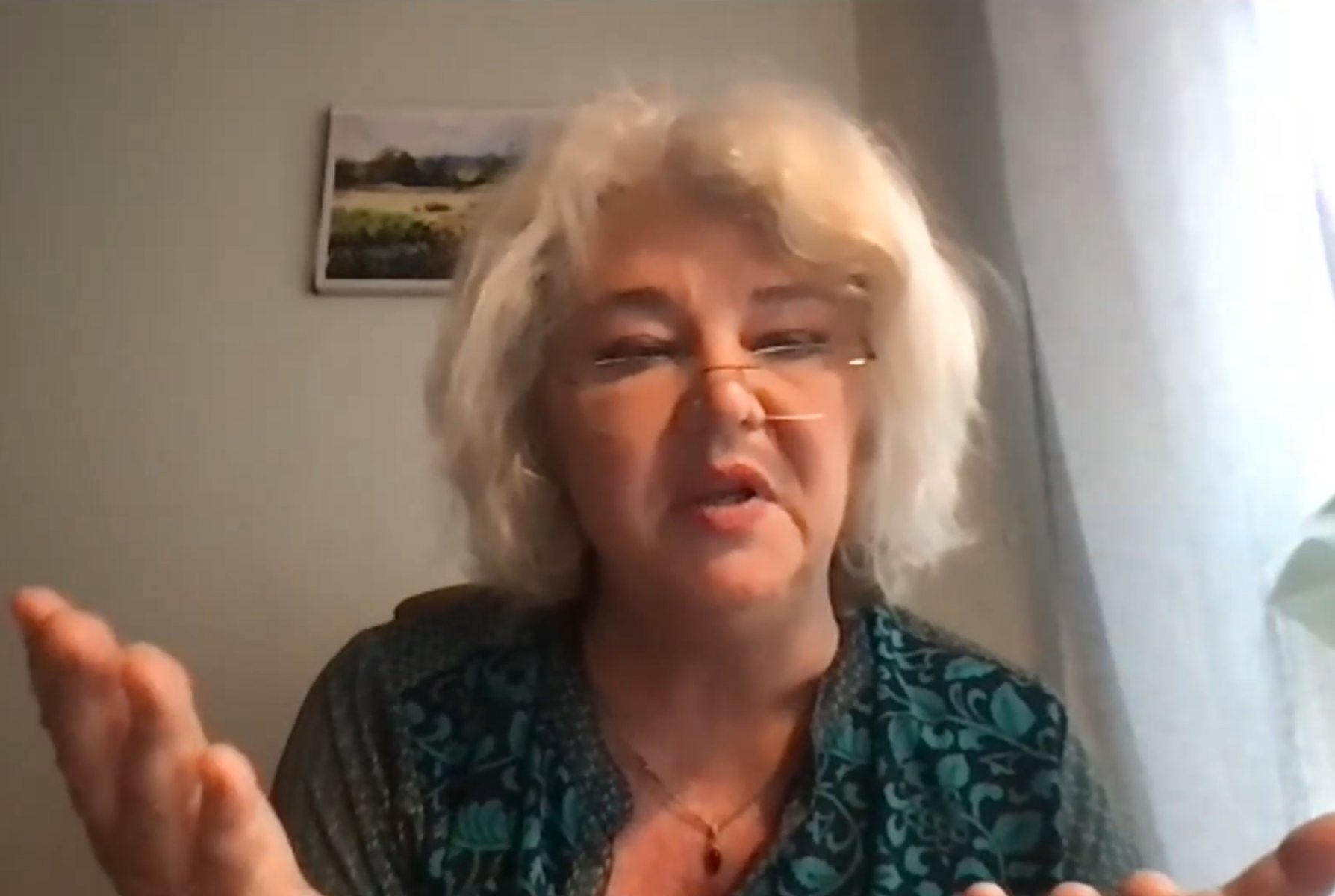
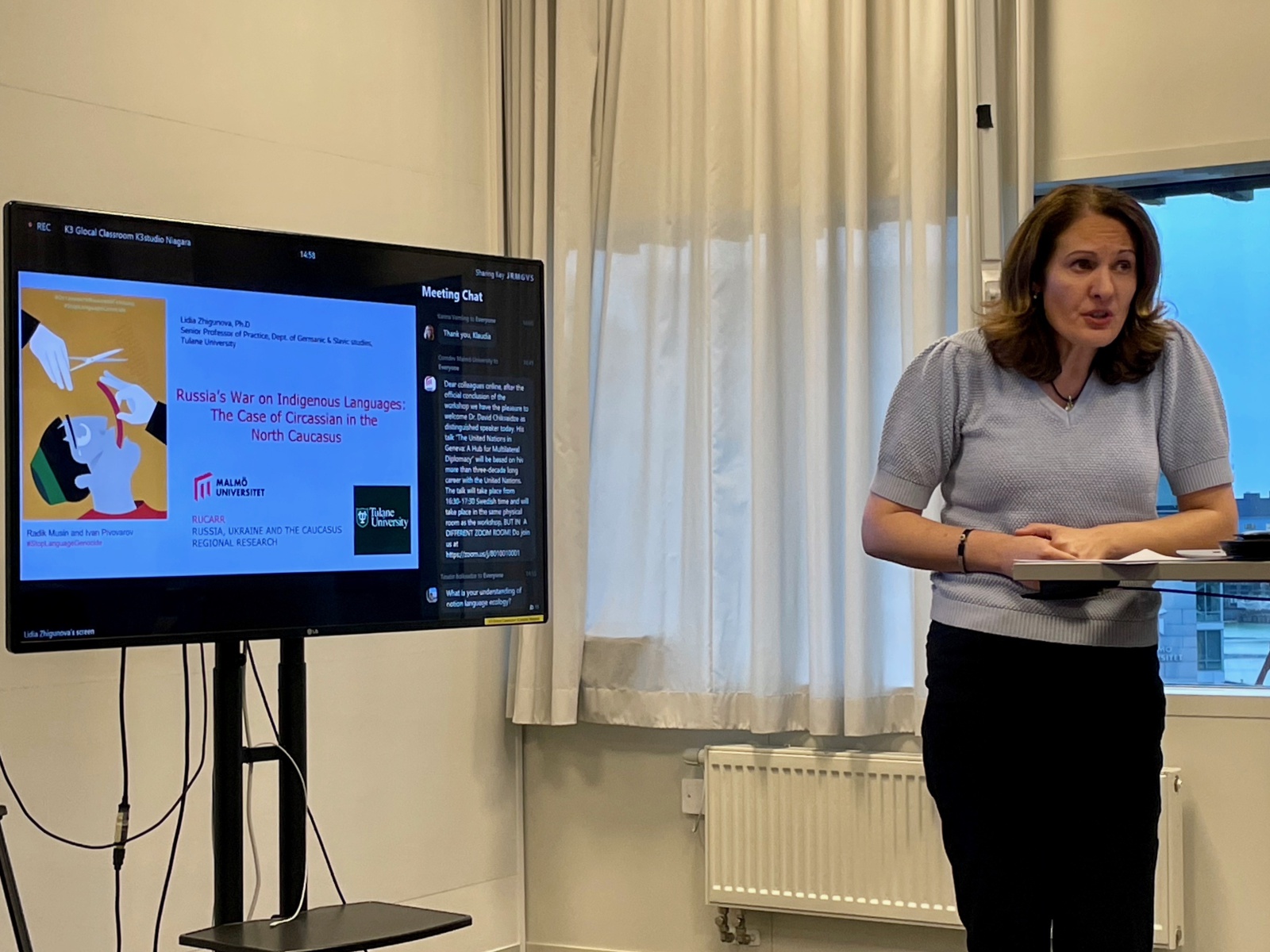

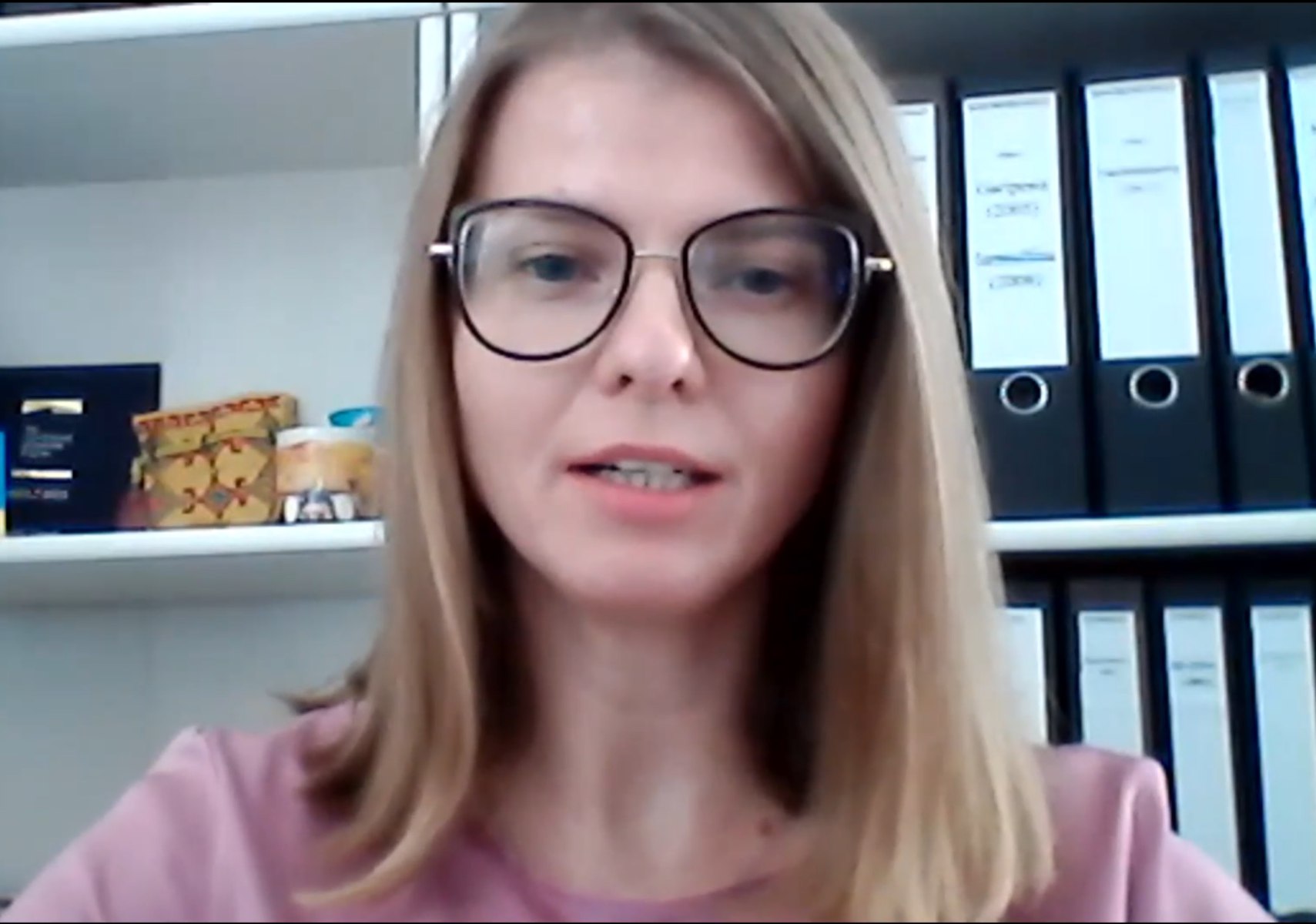

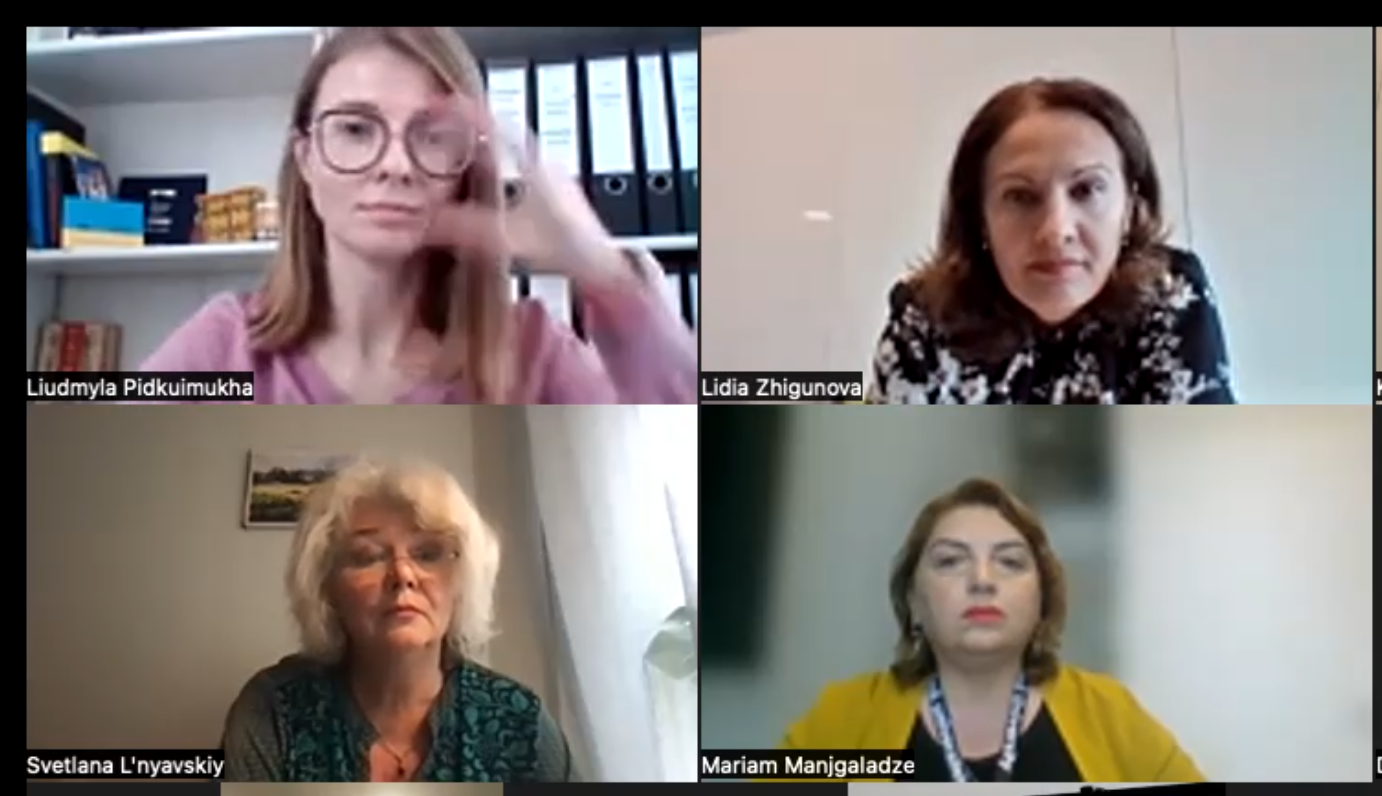
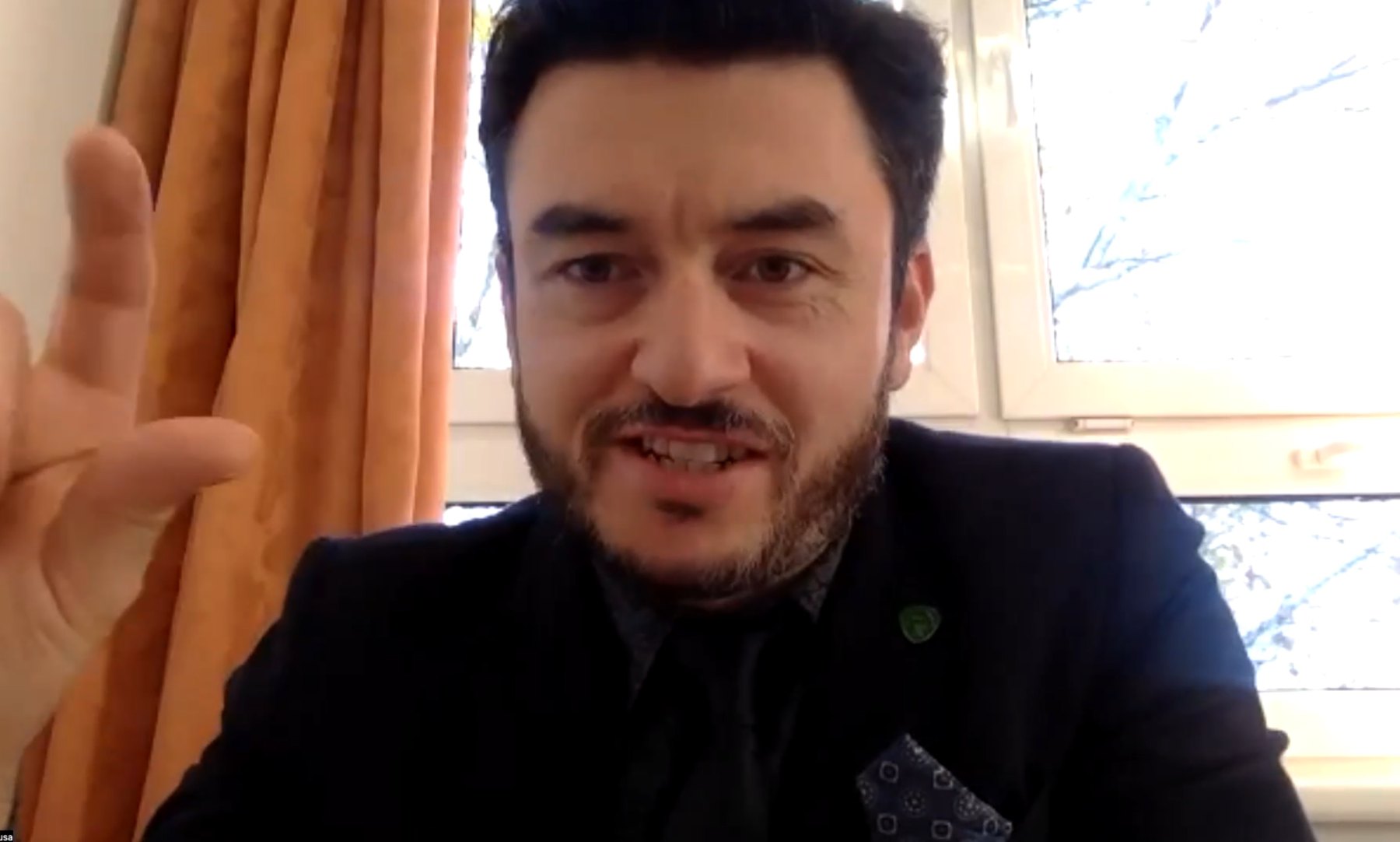
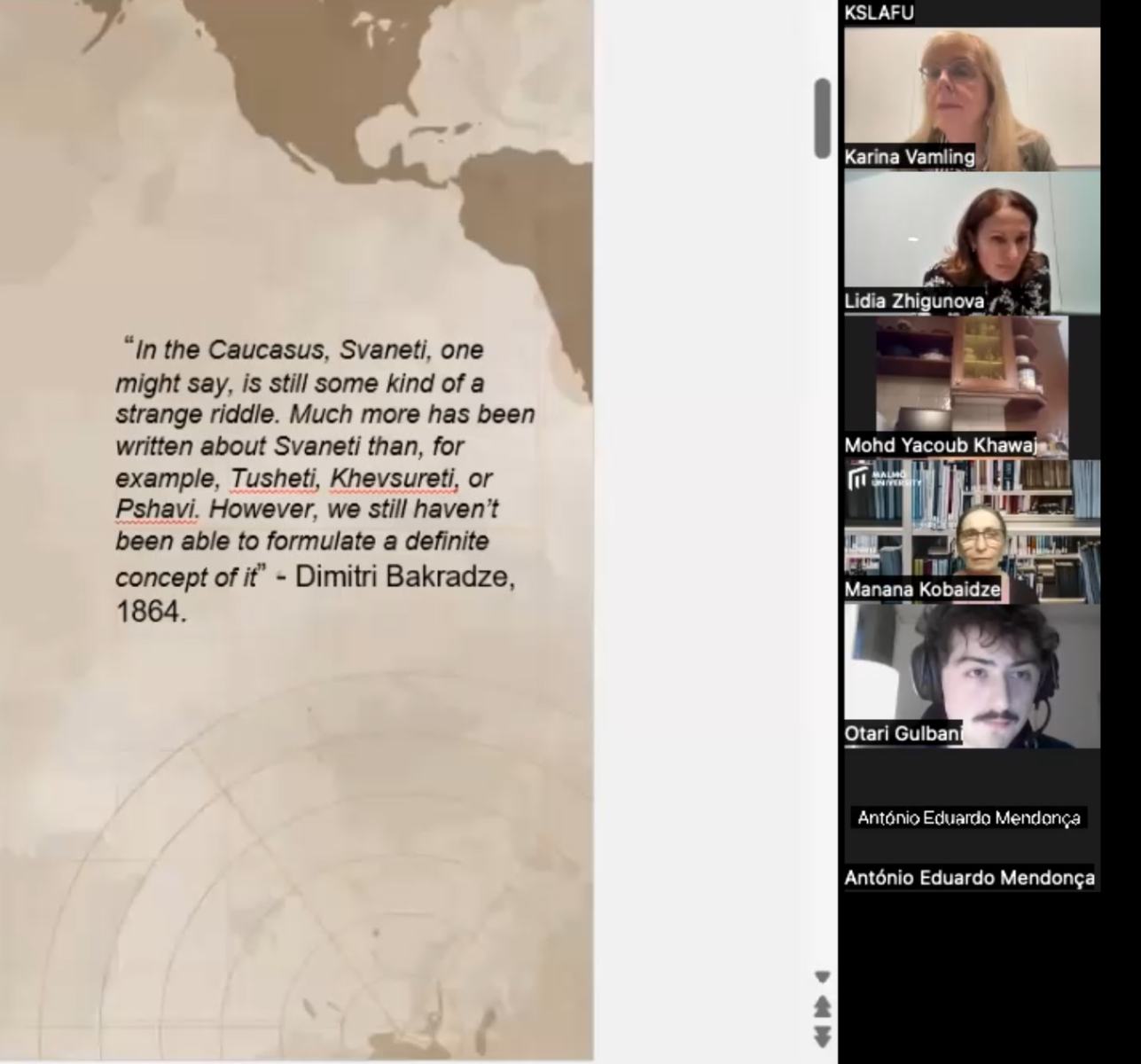
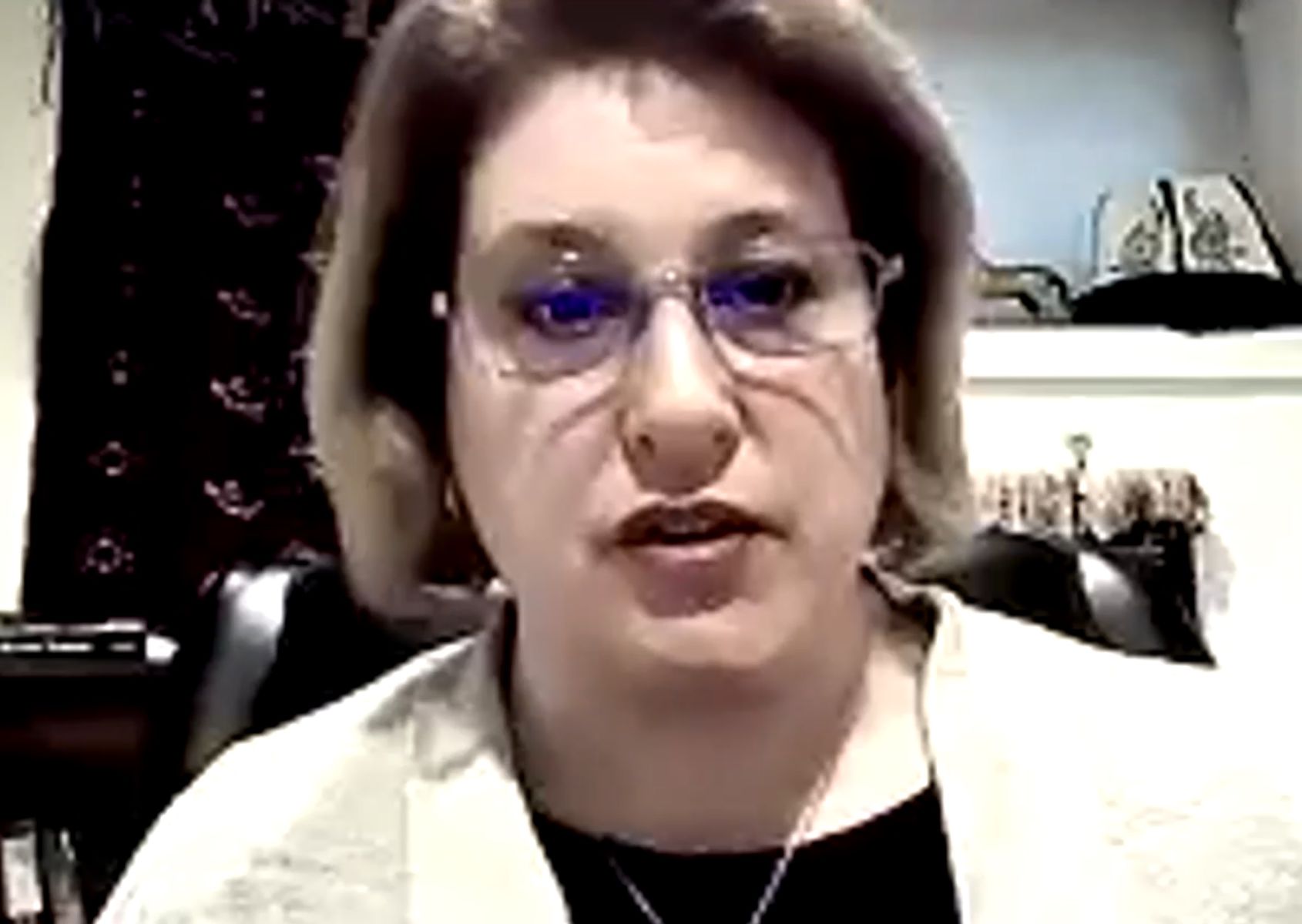
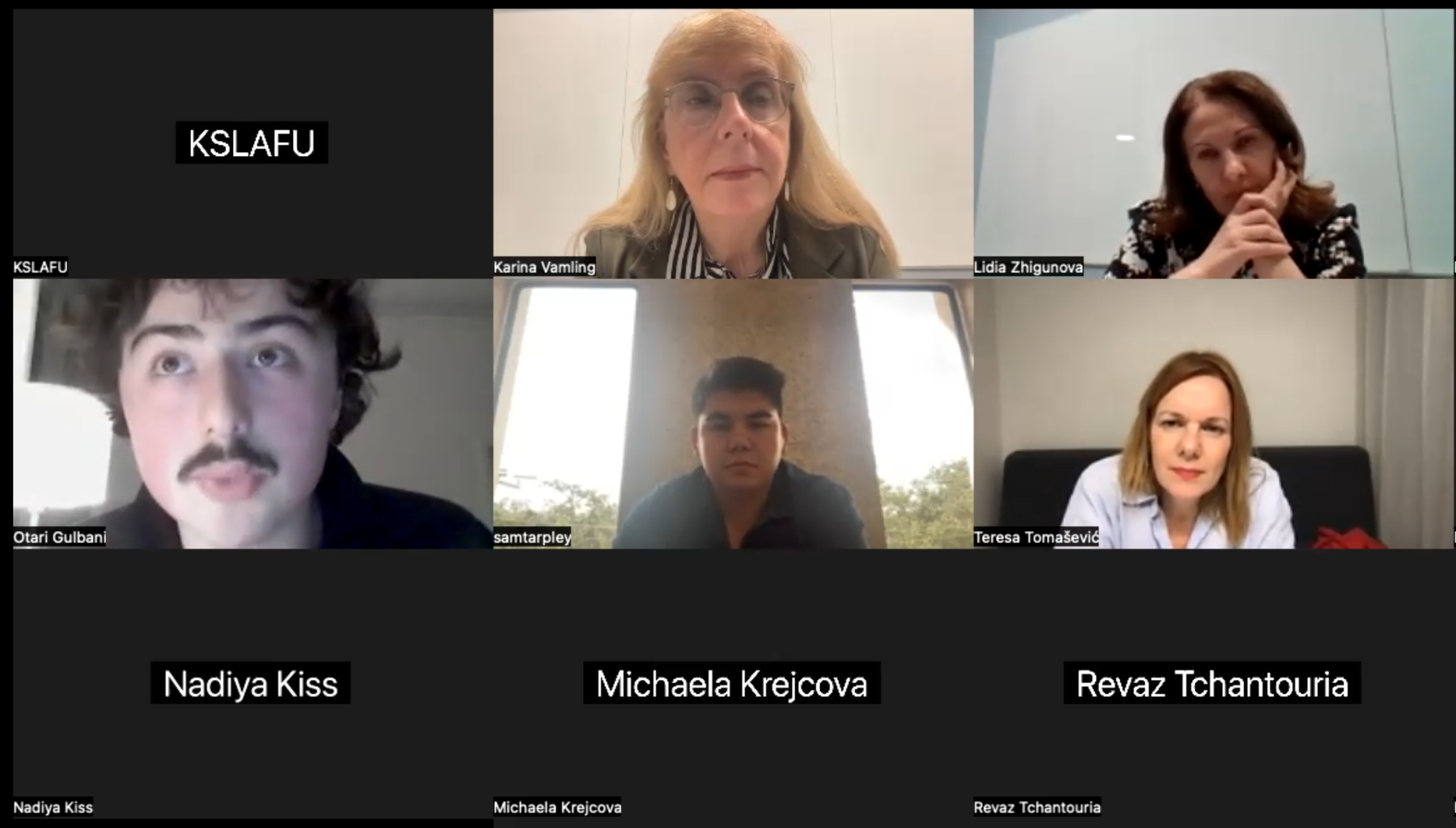
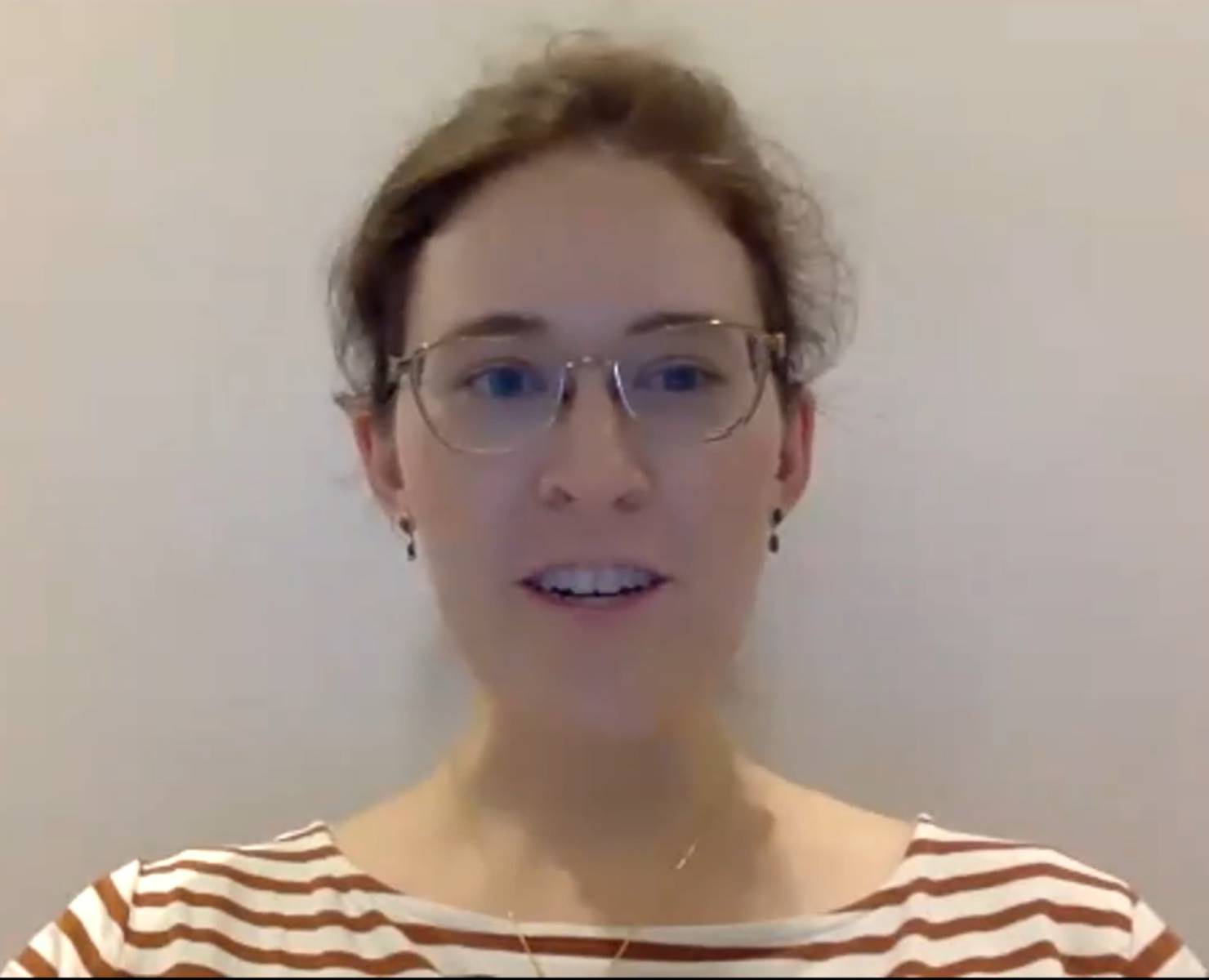
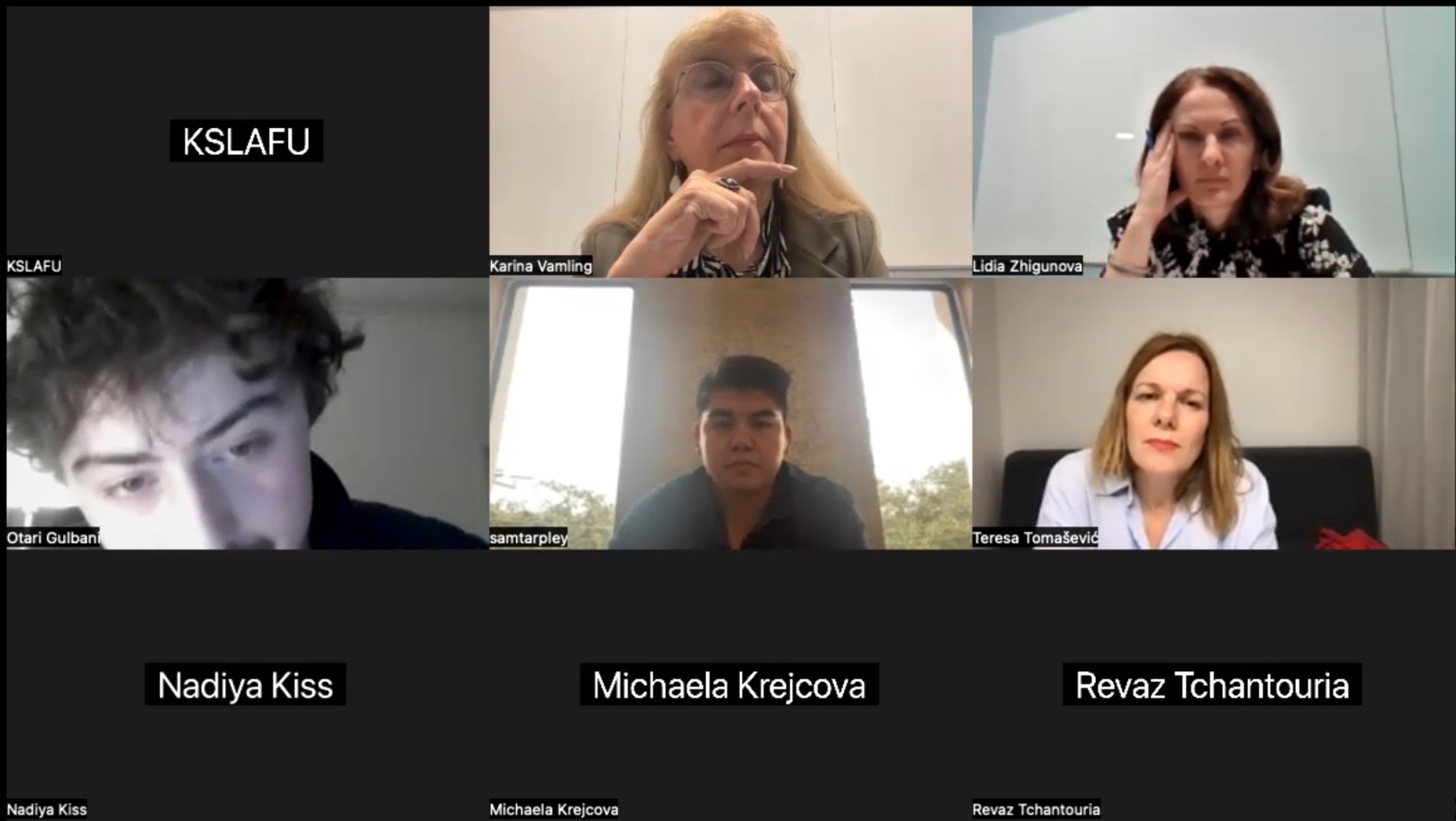

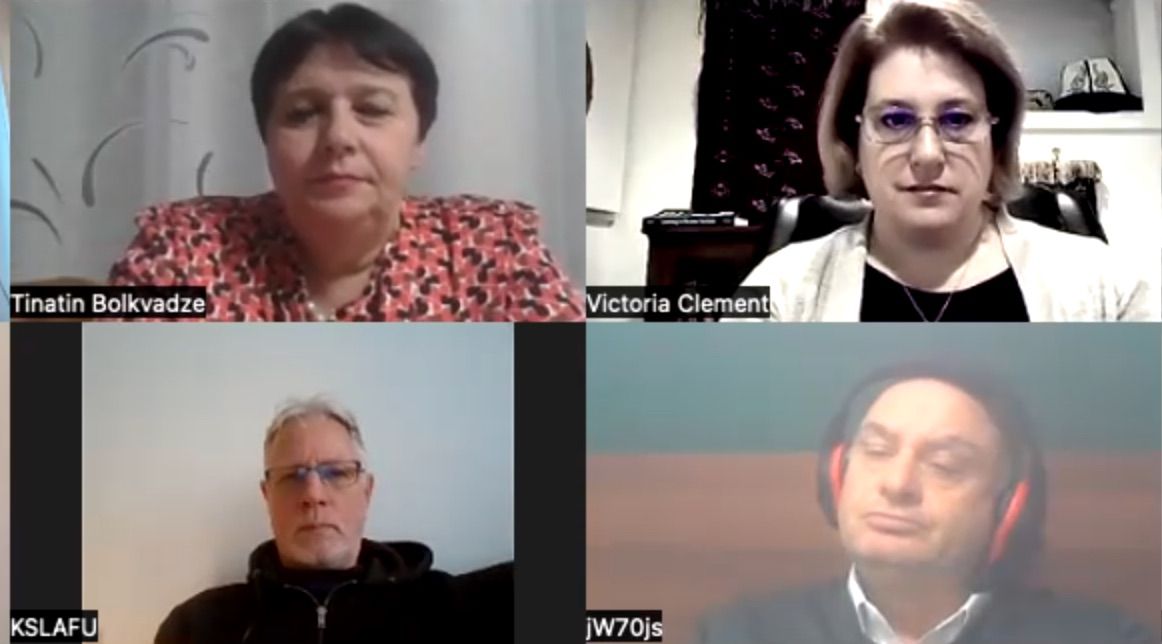
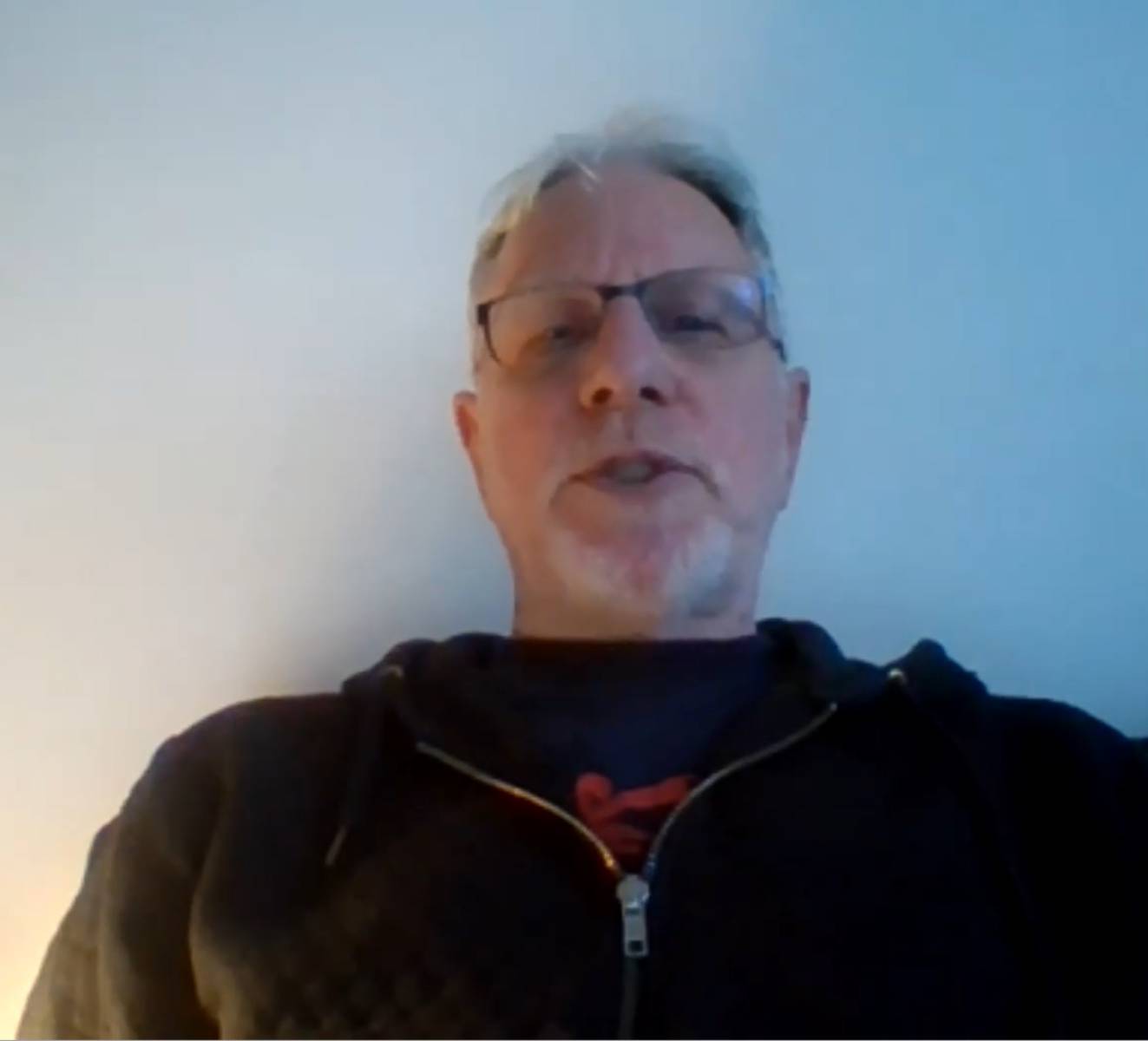
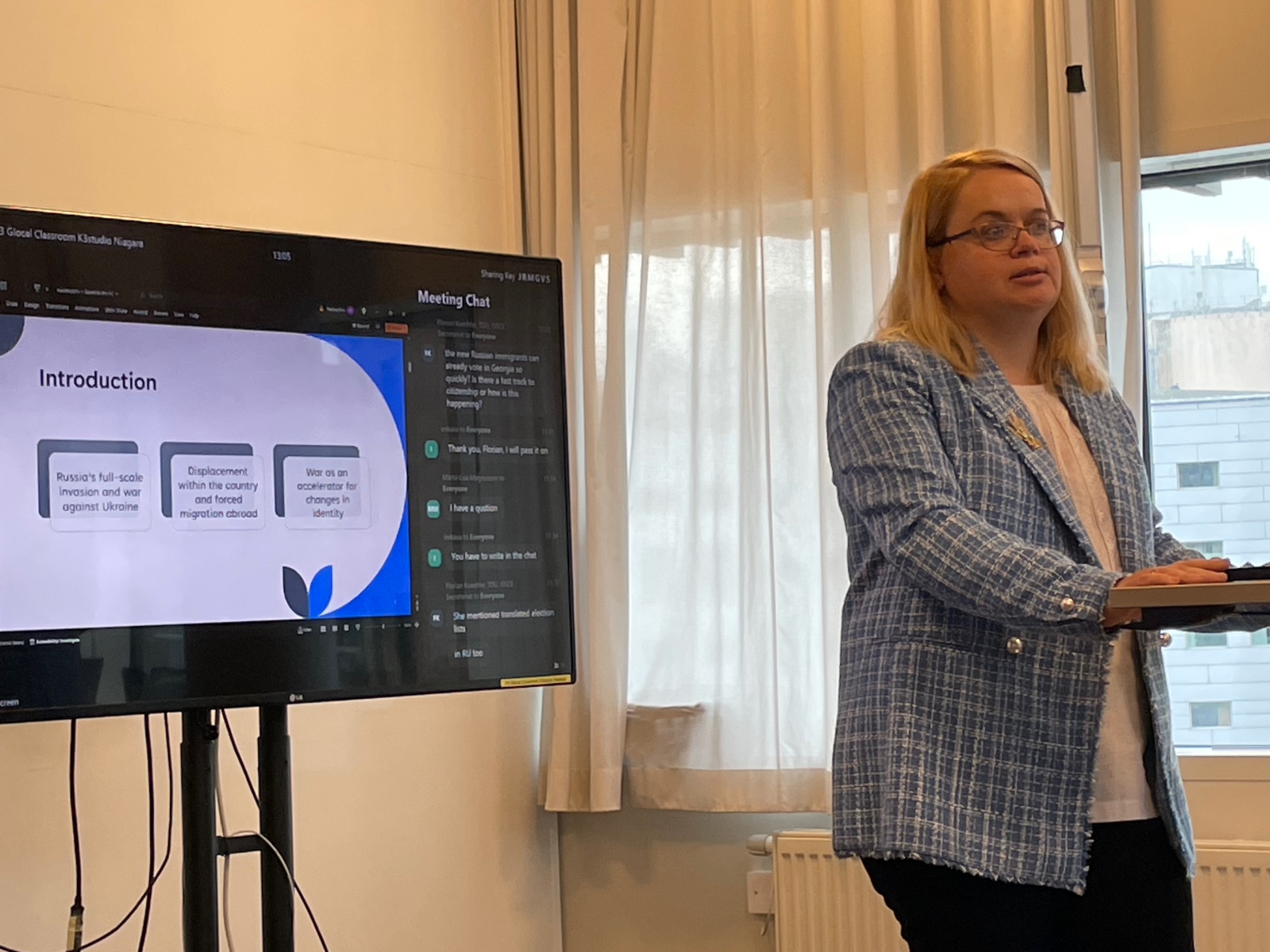
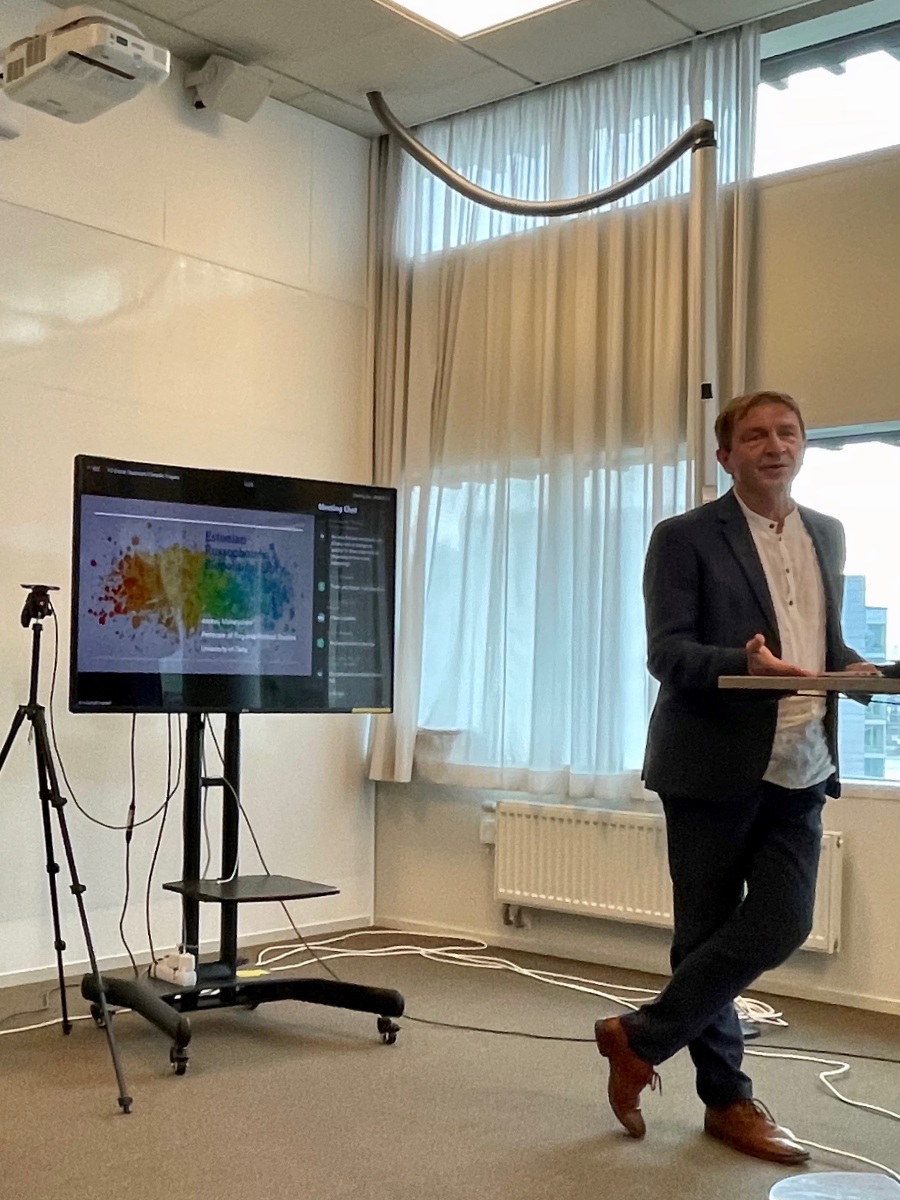

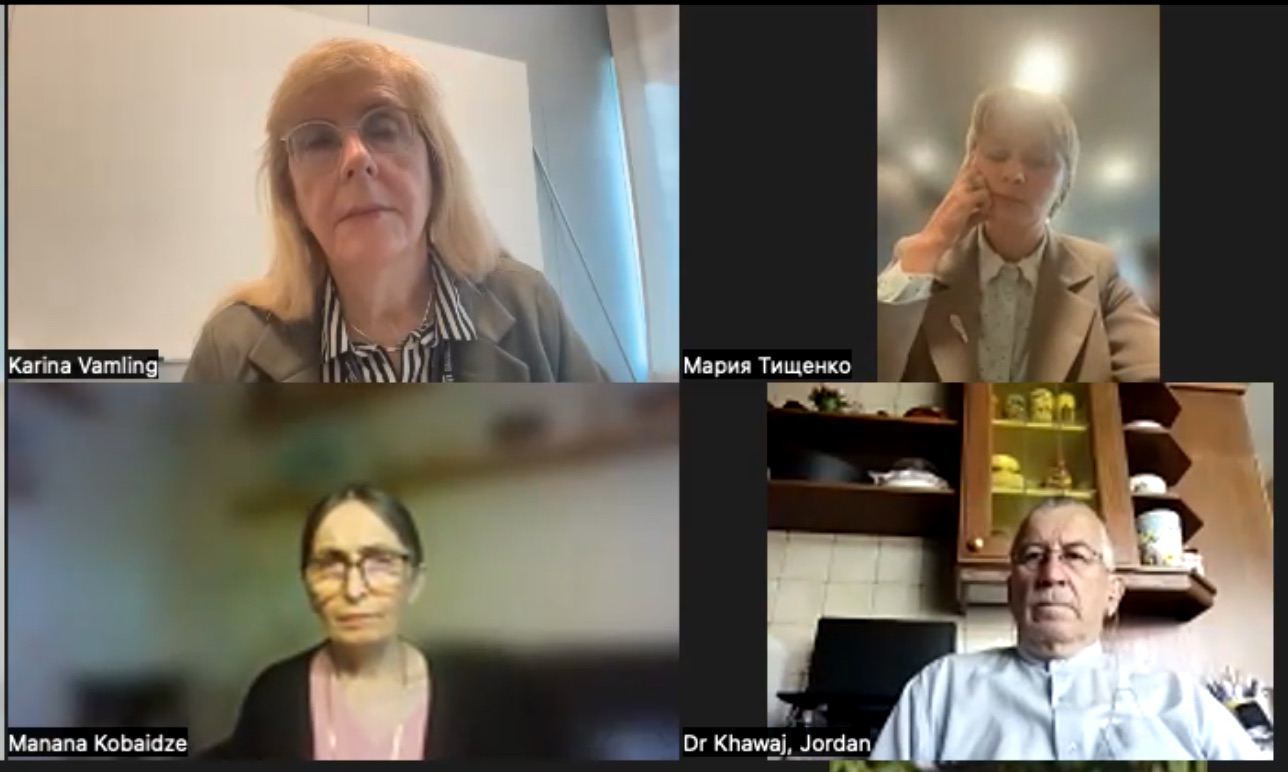

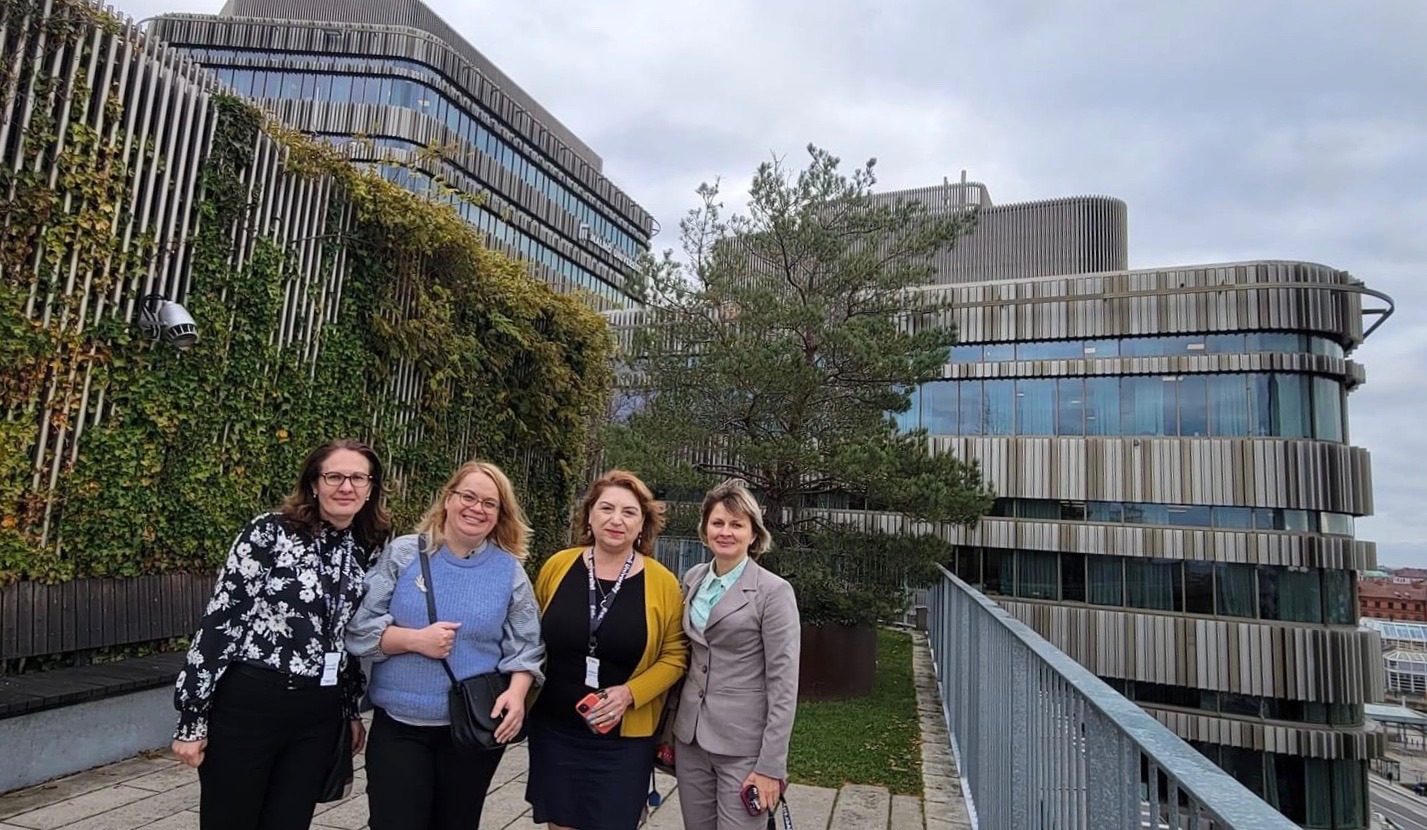
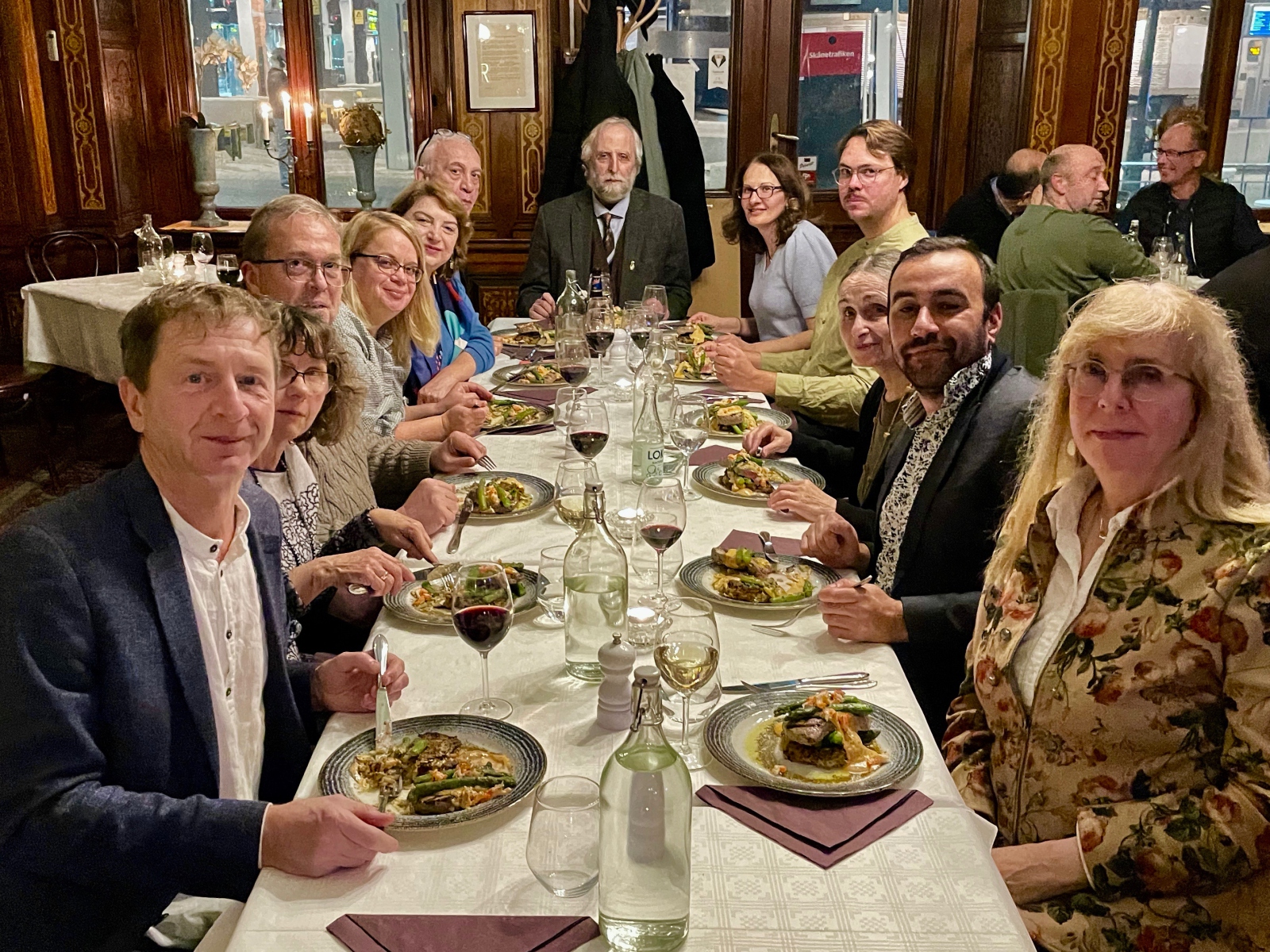
 Welcome to the RUCARR seminar on May 11, 10.00-11.30 with Ass.Prof. Edward Lemon, Bush School of Government and Public Service, Texas A&M University and Dr Oleg Antonov, researcher at Södertörn University and RUCARR, Malmö University.
Welcome to the RUCARR seminar on May 11, 10.00-11.30 with Ass.Prof. Edward Lemon, Bush School of Government and Public Service, Texas A&M University and Dr Oleg Antonov, researcher at Södertörn University and RUCARR, Malmö University.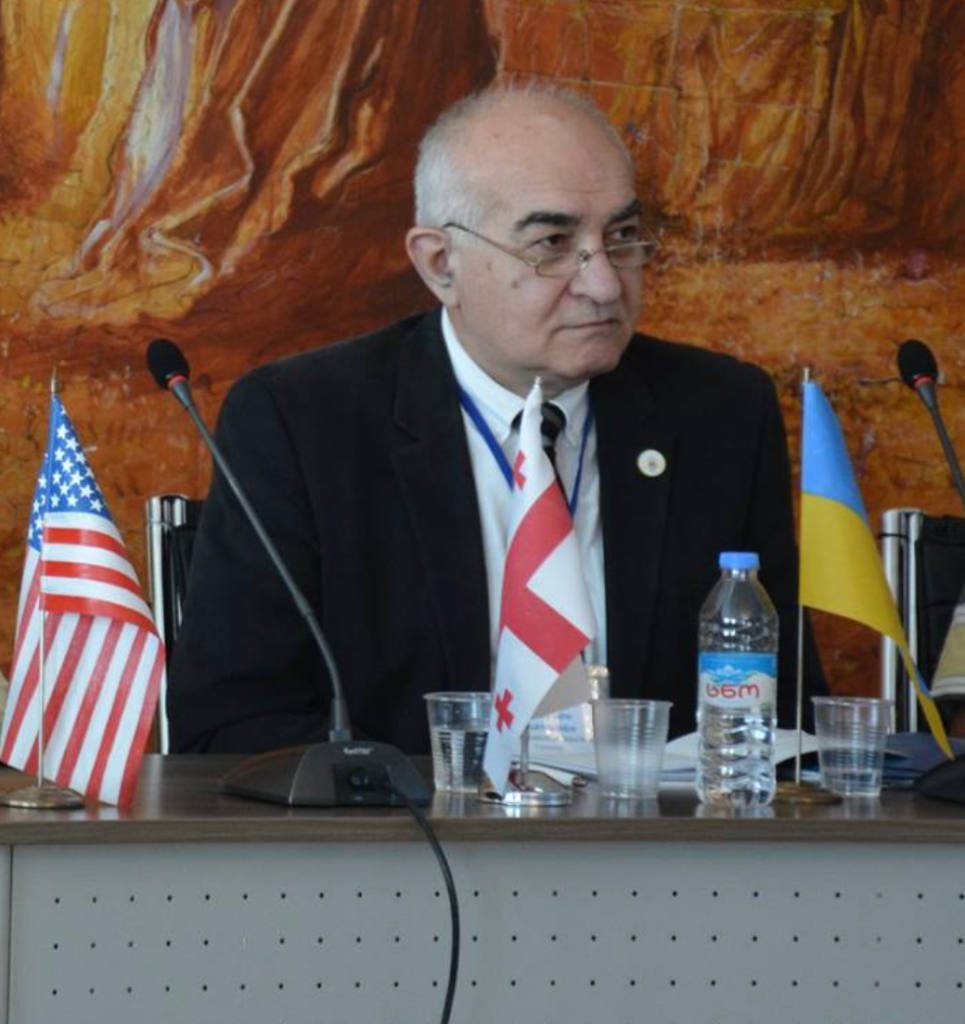
 Dr. Peter Eltsov, Associate Professor of International Security Affairs at the College of International Security Affairs, National Defense University (Washington), presents his recent book The Long Telegram 2.0: A Neo-Kennanite Approach to Russia. When: April 12, 4-6 pm (zoom, CET)
Dr. Peter Eltsov, Associate Professor of International Security Affairs at the College of International Security Affairs, National Defense University (Washington), presents his recent book The Long Telegram 2.0: A Neo-Kennanite Approach to Russia. When: April 12, 4-6 pm (zoom, CET)
 RUCARR is inviting to the Zoom-webinar taking place on December 8th at 18:00 (CET) / 12 pm (EST) / 9 am (PST). The webinar is dedicated to the Nagorno-Karabakh conflict.
RUCARR is inviting to the Zoom-webinar taking place on December 8th at 18:00 (CET) / 12 pm (EST) / 9 am (PST). The webinar is dedicated to the Nagorno-Karabakh conflict.
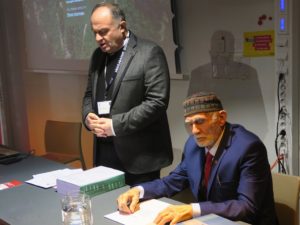
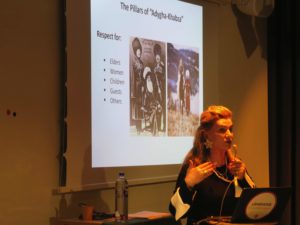
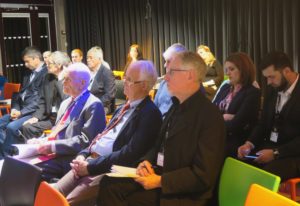
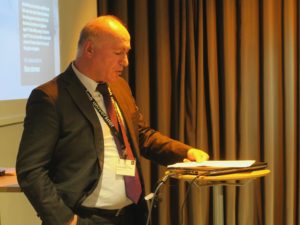
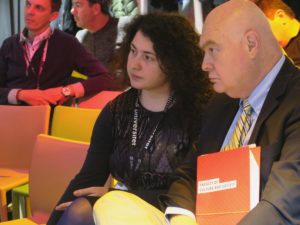
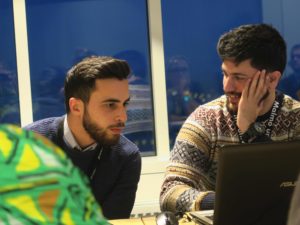
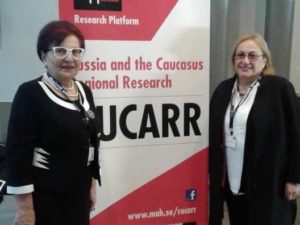
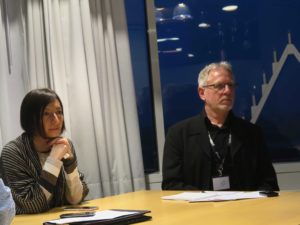
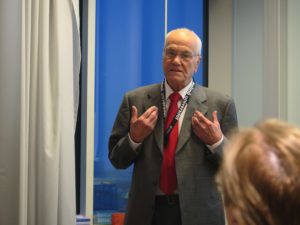
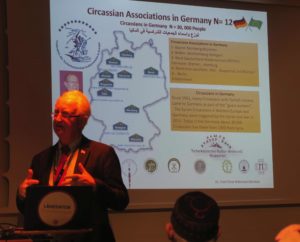
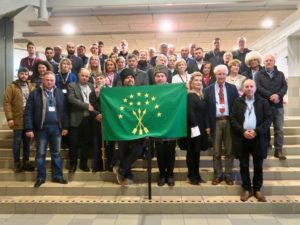
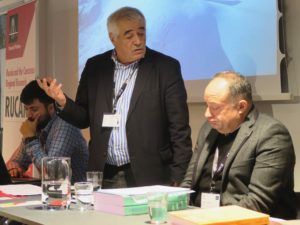
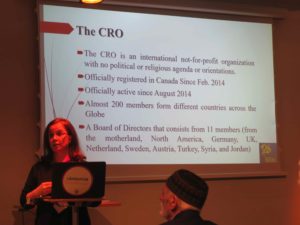
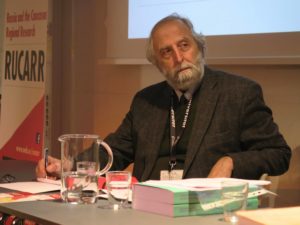
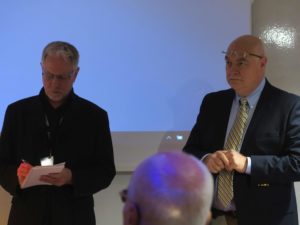
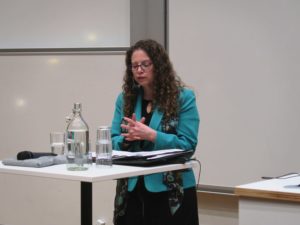
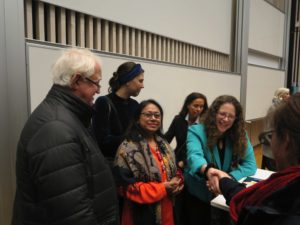
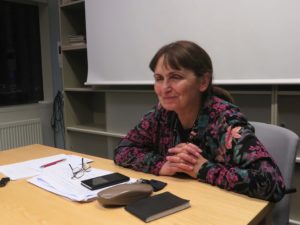
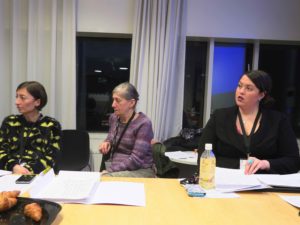
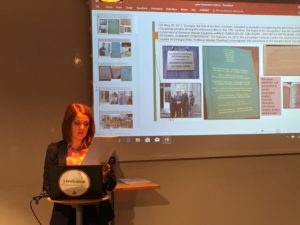
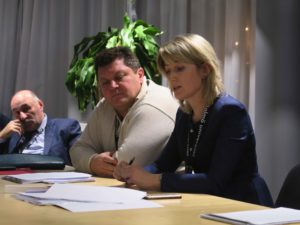
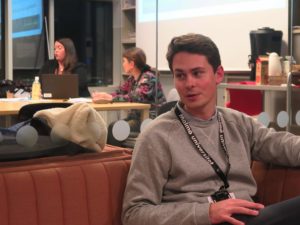
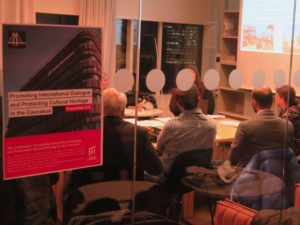
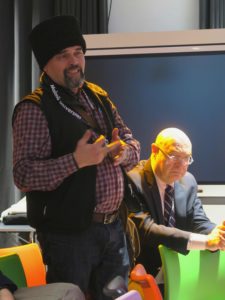
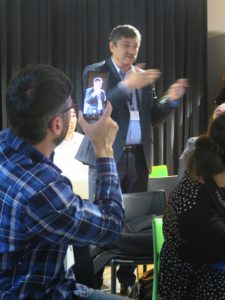
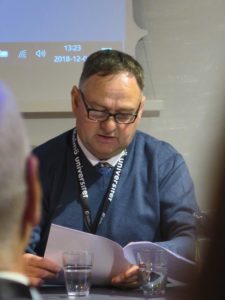
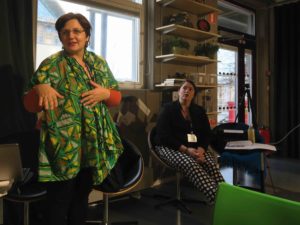
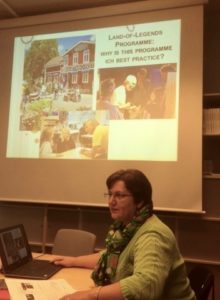
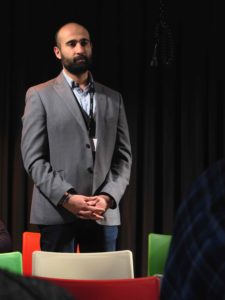
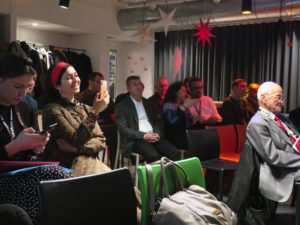
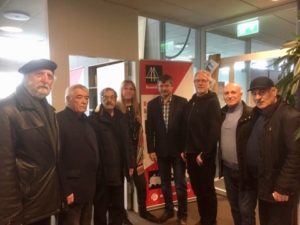
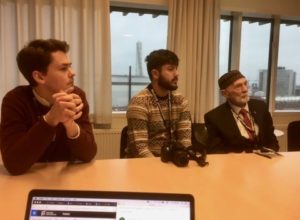

 Dr. Aram Terzyan, guest researcher at the Department of Global Political Studies (GPS), Malmö University, and Assistant Professor at Yerevan State University will give a lecture for staff and students on February 27. The title is: Explaining the evolution of Armenia’s foreign policy.
Dr. Aram Terzyan, guest researcher at the Department of Global Political Studies (GPS), Malmö University, and Assistant Professor at Yerevan State University will give a lecture for staff and students on February 27. The title is: Explaining the evolution of Armenia’s foreign policy.